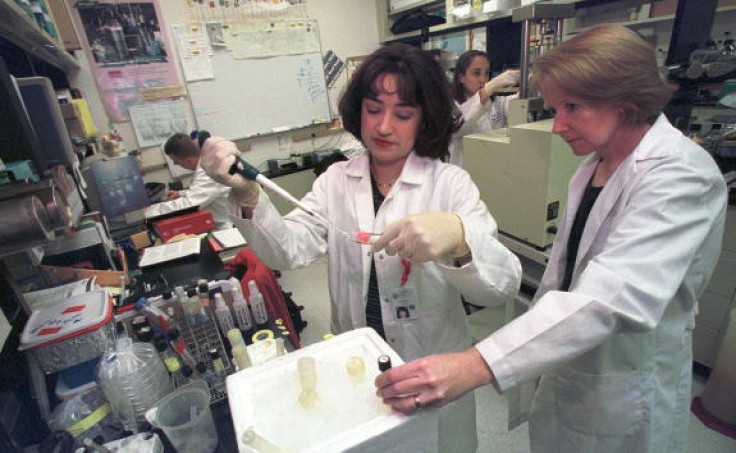75 US Scientists Treated for Exposure to Live Anthrax

75 scientists working in US federal government laboratories in Atlanta may have been exposed to live anthrax bacteria, it has been reported.
The potential exposure occurred after researchers working in a high-level bio security laboratory at the agency's Atlanta campus, failed to comply with required procedures to inactivate the bacteria.
They transferred the samples, which may have contained live bacteria, to lower-security CDC labs, which were not equipped to handle live anthrax.
Dr Paul Meechan, director of the environmental health and safety compliance office at the CDC, said the agency began contacting individuals working in the labs as soon as they discovered the potential exposure.
This should not have happened. We're taking care of it. We will not let our people be at risk.
The normal incubation period can take up to five to seven days, though there are documented cases of the illness occurring some 60 days after exposure.
It is feared that up to seven researchers may have come into direct contact with the live anthrax, however "no employee has shown any symptoms of anthrax illness," Meechan said.
Around 75 individuals are being offered a 60-day course of treatment with the antibiotic ciprofloxacin as well as an injection with an anthrax vaccine to prevent infection, the US Centre for Disease Control and Prevention has confirmed.
The agency is ensuring that all employees who may have walked into any of the labs at risk are also being offered treatment as a precaution.
While it is too early to determine whether the transfer was accidental or intentional, Meechan said the CDC is conducting an internal investigation to discover how the exposure occurred and said disciplinary measures would be taken if warranted.
"This should not have happened," he said. "We're taking care of it. We will not let our people be at risk."
© Copyright IBTimes 2024. All rights reserved.






